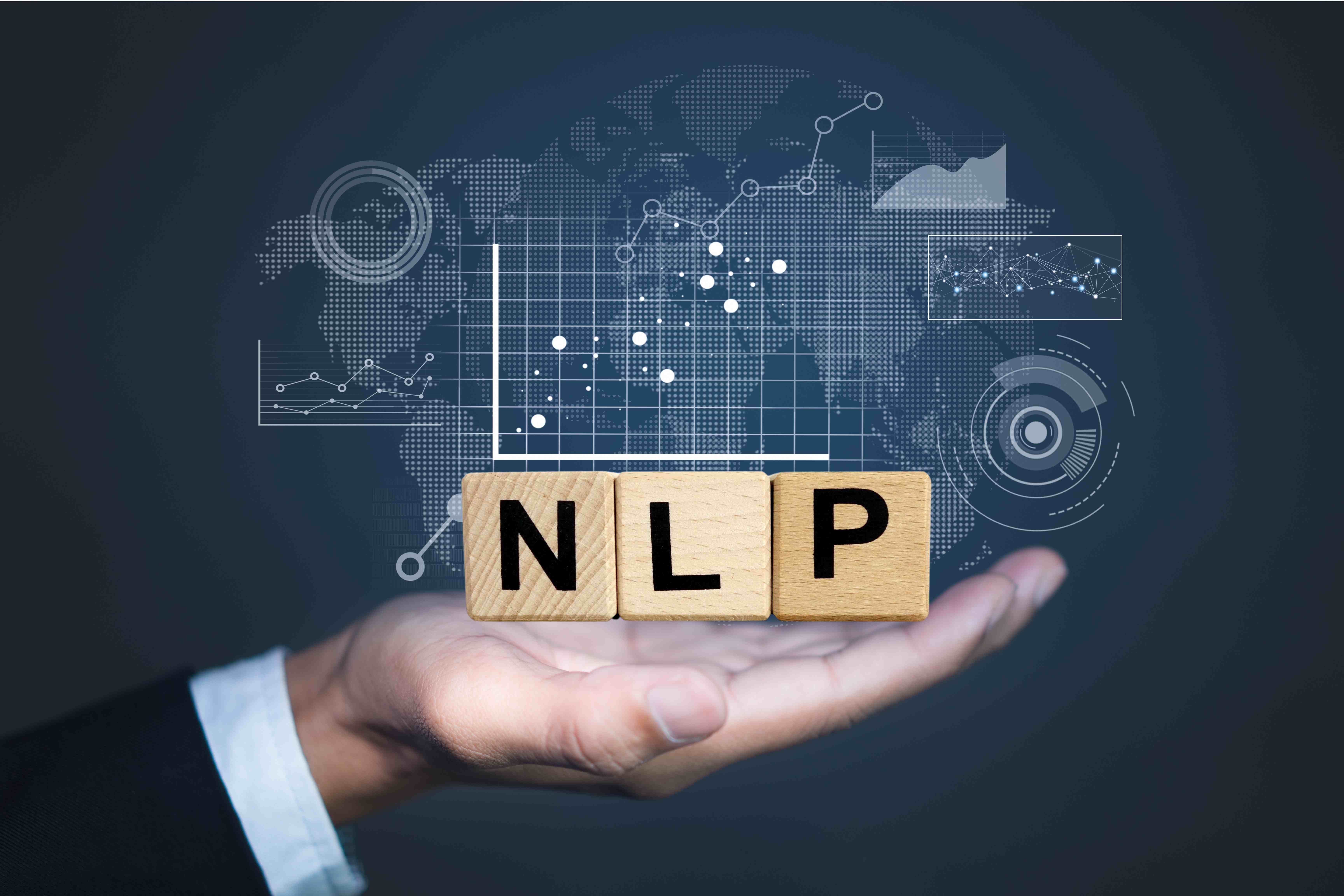Table of Contents
- Introduction
- Understanding NLP in Competitor Analysis
- How NLP Enhances Competitor SEO Analysis
- Actionable Tips for Using NLP in Competitor Analysis
- Latest Trends in NLP and Competitor SEO Analysis
- Conclusion
- About Don Hesh SEO
Introduction
In the competitive world of online business, understanding and outpacing your competitors is crucial for improving your store’s visibility and driving organic traffic. Natural Language Processing (NLP) offers powerful tools to analyze and interpret your competitors’ SEO strategies, giving you a competitive edge. This article explores how NLP can be used to analyze competitor SEO strategies, providing actionable tips and insights to enhance your SEO efforts.
Understanding NLP in Competitor Analysis
Natural Language Processing (NLP) is a branch of artificial intelligence that enables machines to understand, interpret, and generate human language. In the context of SEO, NLP helps analyze vast amounts of textual data, making it easier to identify trends, patterns, and insights that can inform your SEO strategy. By applying NLP to competitor analysis, businesses can gain a deeper understanding of their competitors’ SEO tactics and content strategies.
How NLP Enhances Competitor SEO Analysis
NLP enhances competitor SEO analysis by offering advanced techniques to process and analyze textual data. Key benefits include:
- Keyword Identification: NLP can uncover the keywords your competitors are targeting, helping you refine your own keyword strategy.
- Content Insights: By analyzing competitors’ content, NLP reveals their content themes, tone, and structure, providing insights into their content strategy.
- Sentiment Analysis: NLP tools can assess the sentiment behind customer reviews and feedback, offering a glimpse into how competitors are perceived by their audience.
Actionable Tips for Using NLP in Competitor Analysis
Identify Competitor Keywords
NLP can help you discover the keywords your competitors are ranking for and how they are using them in their content. To leverage this:
- Use NLP Tools: Employ NLP-powered tools to extract keywords from competitors’ websites and content.
- Analyze Keyword Density: Examine how frequently competitors use specific keywords and phrases.
- Compare Keyword Strategies: Assess how your keywords stack up against those of your competitors and identify gaps or opportunities.
Analyze Content Strategies
Understanding your competitors’ content strategies can provide valuable insights into their SEO success. To analyze content:
- Examine Content Structure: Use NLP to analyze the structure and organization of your competitors’ content.
- Identify Popular Topics: Determine which topics are most frequently covered and how they resonate with the audience.
- Evaluate Content Quality: Assess the quality and relevance of competitors’ content, including readability and engagement metrics.
Monitor Backlink Profiles
Backlinks are a crucial aspect of SEO, and NLP can help you analyze your competitors’ backlink profiles. To monitor backlinks:
- Identify High-Quality Backlinks: Use NLP tools to identify high-authority backlinks pointing to your competitors.
- Analyze Link Building Strategies: Understand the strategies competitors use to acquire backlinks, such as guest blogging or partnerships.
- Evaluate Link Relevance: Assess the relevance of the linking sites to your competitors’ content and niche.
Evaluate On-Page SEO Elements
On-page SEO elements play a significant role in search rankings. To evaluate on-page SEO:
- Analyze Meta Tags: Use NLP to review the meta titles and descriptions used by competitors and how they align with target keywords.
- Assess Header Tags: Examine the use of header tags (H1, H2, etc.) in competitors’ content and their impact on SEO.
- Review Internal Linking: Analyze how competitors use internal links to enhance content discoverability and user experience.
Latest Trends in NLP and Competitor SEO Analysis
AI-Powered Competitor Insights
Artificial intelligence and machine learning are advancing NLP capabilities, offering more sophisticated tools for competitor analysis. Key trends include:
- Automated Data Extraction: AI-powered tools can automatically extract and analyze competitor data, streamlining the analysis process.
- Enhanced Data Visualization: AI tools provide advanced data visualization techniques to better understand competitor strategies.
Semantic Search and NLP
Semantic search, which focuses on understanding the context and intent behind queries, is becoming increasingly important. NLP plays a crucial role in:
- Contextual Understanding: Improving the ability to interpret and respond to user queries based on context.
- Content Optimization: Helping businesses optimize content for semantic relevance and user intent.
Automated Content Analysis Tools
Automated content analysis tools powered by NLP are becoming more prevalent. These tools offer:
- Content Gap Analysis: Identifying content gaps and opportunities by comparing your content with that of competitors.
- Content Quality Assessment: Evaluating the quality and effectiveness of content using NLP metrics.
Conclusion
Using NLP to analyze competitor SEO strategies provides valuable insights that can enhance your own SEO efforts and drive more organic traffic to your online store. By leveraging NLP techniques to identify competitor keywords, analyze content strategies, monitor backlinks, and evaluate on-page SEO elements, you can gain a competitive edge and refine your SEO strategy effectively.
About Don Hesh SEO
Don Hesh SEO is a leading SEO consultant and Google Ads consultant dedicated to helping businesses enhance their online presence and drive organic traffic. Our expertise in AI-driven SEO strategies ensures that your business stays ahead of the competition. Partner with SEO Sydney to leverage the latest AI technologies and achieve your SEO goals efficiently and effectively.



